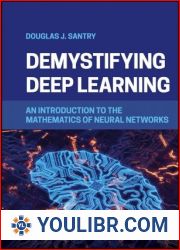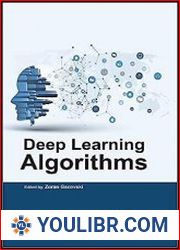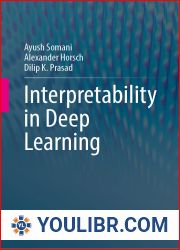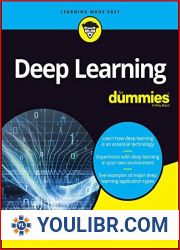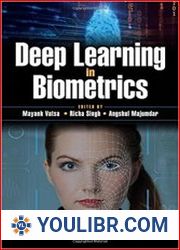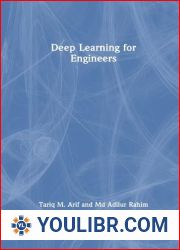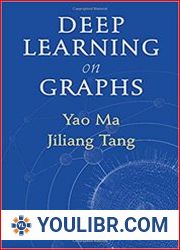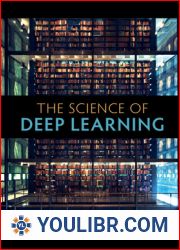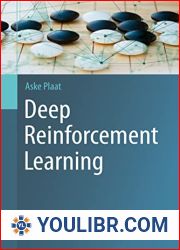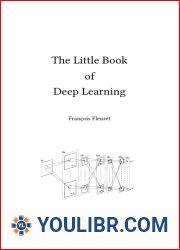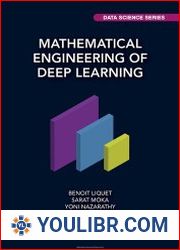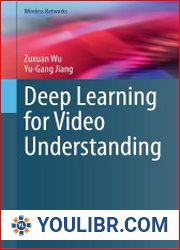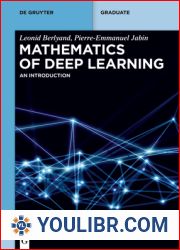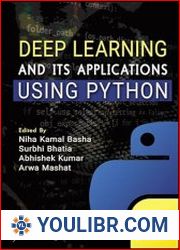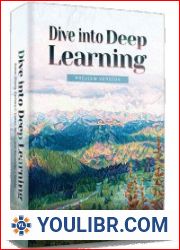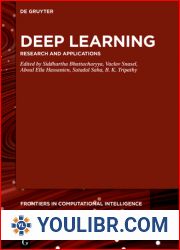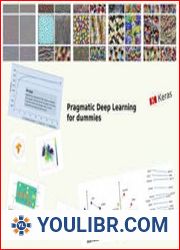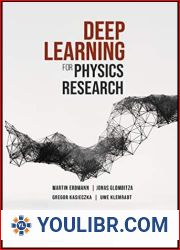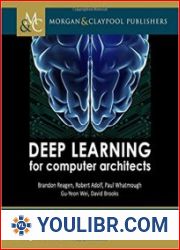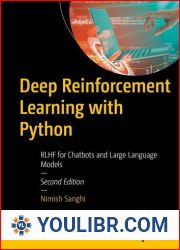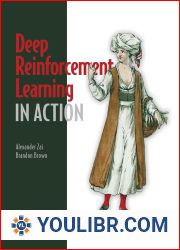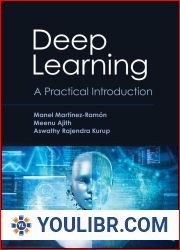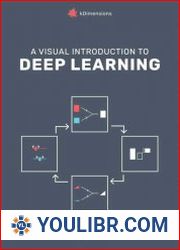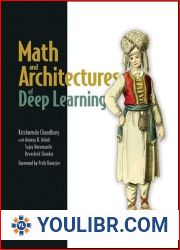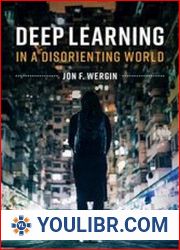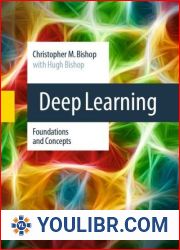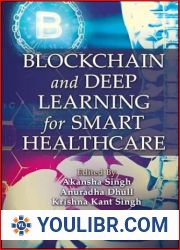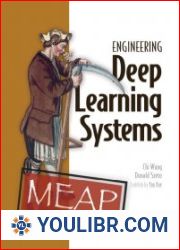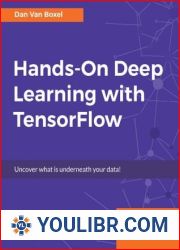
BOOKS - Learning PyTorch 2.0 Experiment Deep Learning from basics to complex models u...

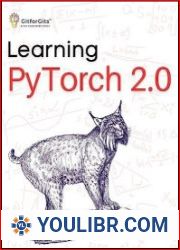
US $8.68

630391

630391
Learning PyTorch 2.0 Experiment Deep Learning from basics to complex models using every potential capability of Pythonic PyTorch
Author: Matthew Rosch
Year: 2023
Format: PDF | AZW3 | EPUB | MOBI
File size: 10.1 MB
Language: ENG
Year: 2023
Format: PDF | AZW3 | EPUB | MOBI
File size: 10.1 MB
Language: ENG
This book is a comprehensive guide to understanding and utilizing PyTorch 2.0 for Deep Learning applications. It starts with an introduction to PyTorch, its various advantages over other Deep Learning frameworks, and its blend with CUDA for GPU acceleration. We delve into the heart of PyTorch – tensors, learning their different types, properties, and operations. Through step-by-step examples, the reader learns to perform basic arithmetic operations on tensors, manipulate them, and understand errors related to tensor shapes. A substantial portion of the book is dedicated to illustrating how to build simple PyTorch models. This includes uploading and preparing datasets, defining the architecture, training, and predicting. It provides hands-on exercises with a real-world dataset. The book then dives into exploring PyTorch's nn module and gives a detailed comparison of different types of networks like Feedforward, RNN, GRU, CNN, and their combination. Further, the book delves into understanding the training process and PyTorch's optim module. It explores the overview of optimization algorithms like Gradient Descent, SGD, Mini-batch Gradient Descent, Momentum, Adagrad, and Adam. A separate chapter focuses on advanced concepts in PyTorch 2.0, like model serialization, optimization, distributed training, and PyTorch Quantization API. In the final chapters, the book discusses the differences between TensorFlow 2.0 and PyTorch 2.0 and the step-by-step process of migrating a TensorFlow model to PyTorch 2.0 using ONNX.








